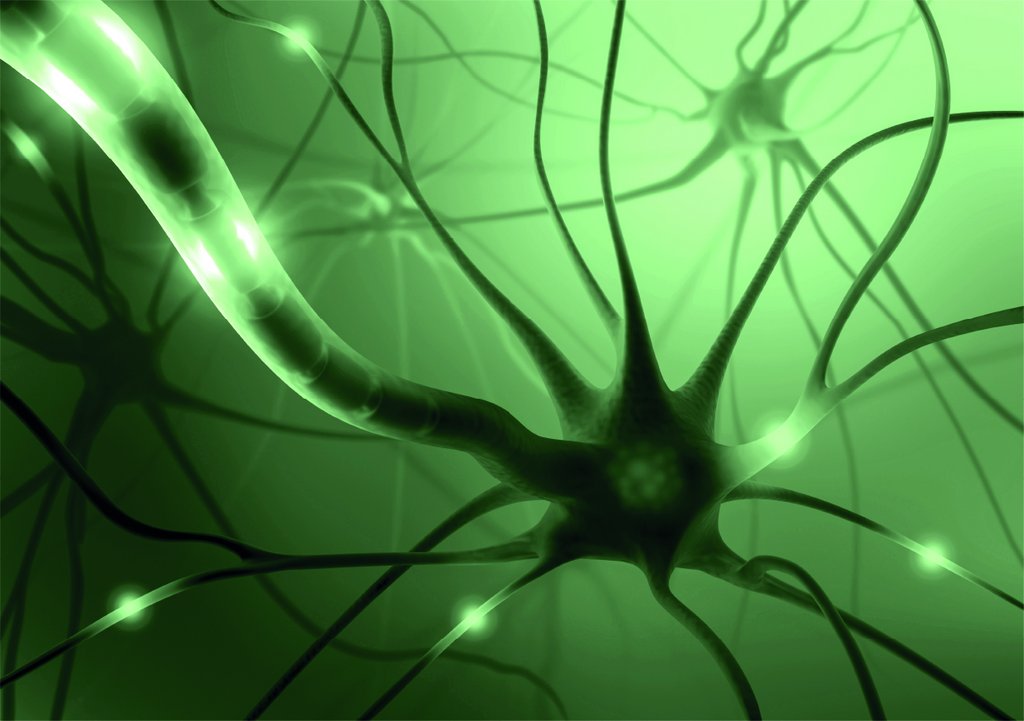Meet DANDRITE
Our Danish node, DANDRITE (Danish Research Institute of Translational Neuroscience) is hosted by Aarhus University and funded by the Lundbeck Foundation. Recently, the University featured an in-depth article about DANDRITE and its importance to the local and national research environment.

Note - this article was originally feaured on www.nat.au.dk
DANDRITE delves deep into the brain
Why do we remember some things but forget others? How do we make decisions? And what happens in the brain when people are struck by neurological and mental disorders? These are just some of the many questions that the inter-disciplinary centre DANDRITE (Danish Research Institute of Translational Neuroscience) at Aarhus University has been trying to answer since 2013. The dedicated research at the centre has been made possible by support from the Lundbeck Foundation.
One of the most important organs in our body is under scrutiny by DANDRITE. The centre was established in 2013 with a huge funding grant from the Lundbeck Foundation, which has invested a total of DKK 120 million in building the centre as a Danish division of the Nordic EMBL Partnership for Molecular Medicine. The aim is to understand some of the hitherto incomprehensible functions of the human brain.
- New and original ideas that are being developed and researched by DANDRITE. It's an incredibly creative universe, and our results are pivotal in advancing our understanding of the brain. There are some unexpected results too. For example in relation to diseases, because basic neuroscience makes it possible to develop new and better drugs, says centre director, Professor Poul Nissen.
Centre with an impact on European knowledge
We process impressions and control our body's functions and movements using our brains. In other words, there are all sorts of reasons to research into the brain and its functions so that we gain a better understanding of it. Despite this, there has never previously been the same focus on brain research. For this reason, ambitions were very high at the Department of Molecular Biology and Genetics and the Department of Biomedicine at Aarhus University, and with DKK 120 million from Lundbeck Foundation, DANDRITE started its research and built up a research centre on the basis of the EMBL (European Molecular Biology Laboratory) model.
This will also benefit neuro research. Establishment of the centre in 2013 meant that Denmark also joined the European club for research into molecular medicine, when it joined the Nordic EMBL Partnership for Molecular Medicine. It is part of the prestigious European Molecular Biology Laboratory.
- We’re in a network of researchers from all over Europe, and it is important for our research that we collaborate with the most talented researchers in the molecular biology and biomedicine fields. We have different focus areas and can contribute to and strengthen each other's research, explains Poul Nissen.
Young, sharp brains are also making their mark on research at the centre. DANDRITE is based on providing top young, international researchers with a framework to develop original research programmes in accordance with the EMBL group-leader model.
- It's an attractive model that gives young, ambitious researchers a unique opportunity to build a research group and pursue a bold research programme with a time horizon of up to nine years. It’s a rather exceptional scheme and it’s only possible because we’re part of the EMBL, explains Poul Nissen.
The mysteries of the brain: There's plenty to get to grips with
Using mice and fruit flies, researchers from the university are trying to find out how humans make decisions and move around. For example, they are observing how mice decide between two taps. One of the taps has sugar, and the study is looking at what the mice choose and how their behaviour is affected. Another group of researchers is focusing on human memory and how information is stored. The method applied is to scare rats and examine how fear affects their memory.
- Why do we remember some things but forget others? No one knows, but it’s very interesting and we’d like to understand more. If we can explain why we remember something, we might be able to take a step further towards understanding Alzheimer's and post-traumatic disorders, for example, explains Poul Nissen.
This applies for several of DANDRITE’s research projects. Finding explanations for the mysteries of the brain may have a major impact on the insight of researchers and the pharmaceutical industry into neurological and mental disorders such as Parkinson's, depression and schizophrenia.
- DANDRITE is developing new neuro-research, and we’re very focused on adding new topics and methods to Danish research. Our questions are not only relevant for us, but also for the pharmaceutical industry and people suffering from diseases, and we’ll continue as for long as we can, because there’s plenty to get to grips with, says Poul Nissen.
DANDRITE has been granted funding up to and including 2023 from the Lundbeck Foundation and Aarhus University.